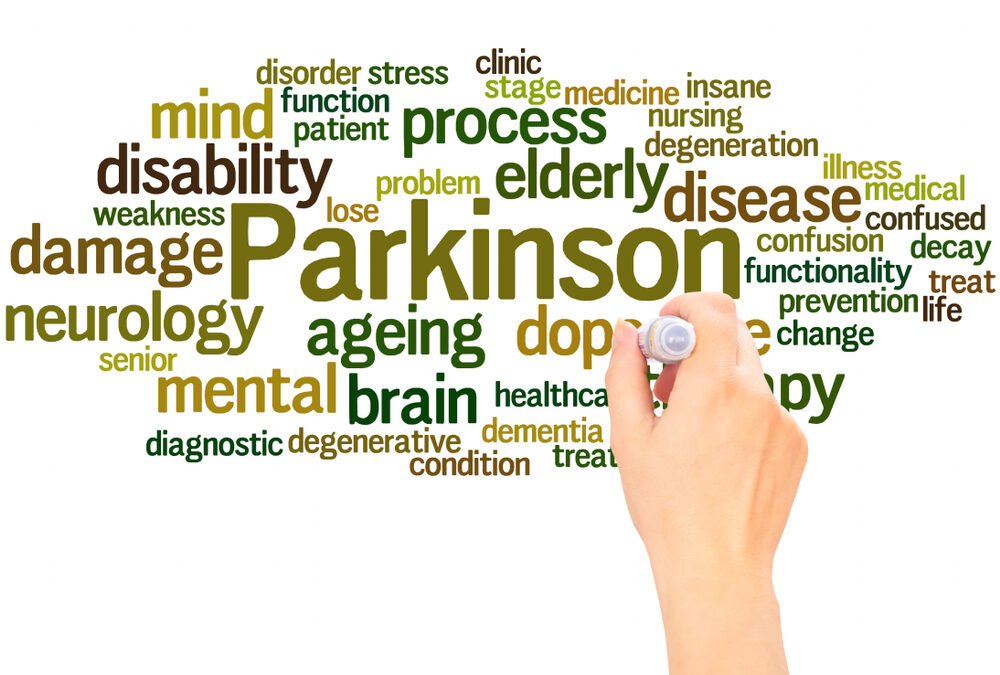As we observe Parkinson’s Awareness Month this April, it’s imperative to shed light on this intricate condition affecting millions worldwide. Let’s delve into the intricacies of this condition: its prevalence, manifestations, treatment modalities, and the contribution of physiotherapy, particularly those adept in vestibular therapy.
What is Parkinson’s disease and who gets it?
Parkinson’s disease, a neurodegenerative disorder, impacts approximately 10 million individuals globally. Its hallmark is the progressive loss of dopamine producing brain cells, predominantly afflicting individuals over the age of 65, though it can affect people of varying ages.[source]
What Parkinson’s disease looks like
Identifying it can be challenging due to its heterogeneous presentation. Nonetheless, common manifestations encompass tremors, rigidity, bradykinesia, and compromised balance. These symptoms often manifest subtly and exacerbate over time, significantly impeding daily functioning and diminishing overall quality of life.
Parkinson’s treatment
While Parkinson’s remains incurable, its symptoms are manageable through various therapeutic interventions. Pharmacotherapy, notably levodopa, serves to ameliorate motor symptoms by replenishing dopamine levels. Surgical procedures, such as deep brain stimulation, may be considered for advanced cases.
Yet, the cornerstone of management lies in physiotherapy, particularly under the guidance of vestibular specialists. These skilled therapists offer invaluable support by addressing not only motor impairments, but also balance and coordination deficits.
Through tailored exercise regimens and specialized techniques, physiotherapists facilitate improvements in mobility, balance, and stability. They serve as instrumental allies, equipping individuals with Parkinson’s with the tools to navigate their challenges and reclaim autonomy over their bodies and lives.
However, the journey towards optimal care extends beyond physiotherapy. It necessitates a multidisciplinary approach, encompassing collaboration among neurologists, your family physician, occupational therapists, and other healthcare professionals. This holistic strategy ensures comprehensive support, addressing the multifaceted dimensions of the condition.
Moving forward
If you or a loved one are grappling with Parkinson’s in Saskatchewan and want to mitigate the impact of Parkinson’s on you our your loved one’s quality of life, reach out to us at North 49. Our vestibular physiotherapists are able to collaborate with you and your healthcare team to develop a customized plan for you.

